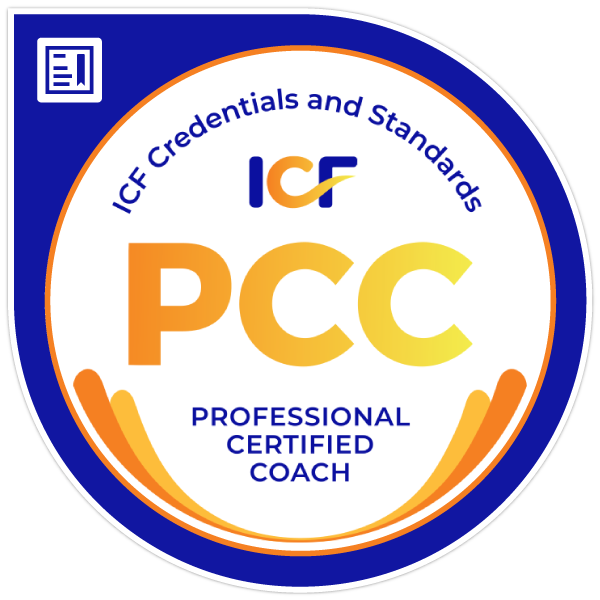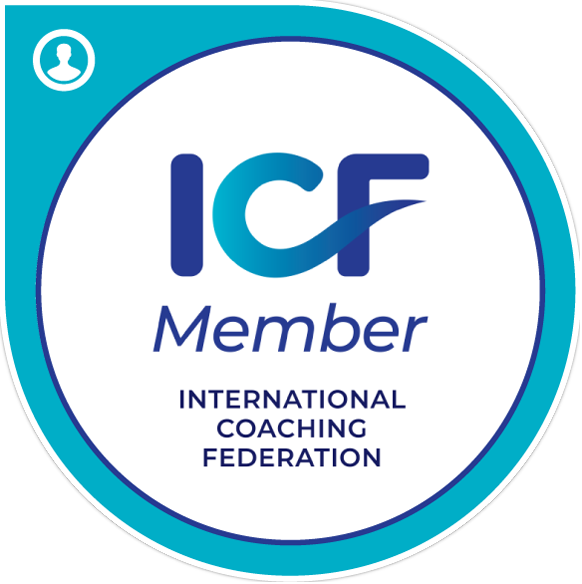
NOBODY LOVES ME! I’m going down the garden to eat worms. Blog by Tiffany Barnard
27th of July 2021How many of you feel that you are making all the effort at work, without any thanks or recompense?
I believe that there are a lot of you.
You take your work very seriously, accept numerous tasks that are over and above your job description and try to satisfy the most exacting of standards.
Of course, those impossible standards are self-imposed and the choice to accept all the extra tasks is also yours to take, but with that said, you would still like a thank you from time to time!
Would it really kill your bosses to give you some recognition for the superhuman effort you put in every day?
Is there another angle to this scenario?
Generally, perfectionists are over achievers and will always do more than they are expected to because it is in their nature to keep to their own standards which, by definition, are higher than most and as such, they will end up spending longer at work and doing more than their fair share.
And even if it is a ‘choice’ to go over and above, it is only human to expect some appreciation for all this extra effort!
Unfortunately, it is also, often, human nature to take advantage of someone when they are consistently doing more than they were asked to do.
Not only are they not thanked, but they are also expected to maintain the increased workload for no extra money!
How is this fair?
It’s not really...
The problem is further amplified because over achievers are often people pleasers.
This means that when asked to do something, you will tend to say “YES” even if what you really want to say is “HELL NO!”.
I can literally hear some of you saying “True, but it is just easier to say yes than argue the point.”
Sure it is! But for how long?
In the short term you avoid the confrontation that you dislike so much! But then what?
The problem comes in the long term when you start to feel bitter and resentful about how much you feel unappreciated and how you feel that everyone takes advantage of your good nature.
After all, don’t they all realise how busy you are? Don’t they see how much work you have on?
Does this sound familiar?
I bet a lot of you just suck it up and carry on. I am also quite sure that you are finding yourself more and more demotivated, less, and less focused and some of you might even find that the problem spills over into your personal life!
Is there a way to break the cycle?
Absolutely there is! And you have the power to change it in just a few simple steps.
Here’s how…
- The first and most important step to take is for you to learn how to say ‘NO’ and not feel guilty about it! And let’s face it, the more you accept to do, the more you are going to be expected to do so, if you don’t want to do something or if you don’t have the time to do it, don’t say ‘YES’ and then grumble under your breath about the injustice of the workplace. Set some boundaries and break the cycle by learning how to say ‘NO’ to those extra tasks.
- Look for appreciation through actions rather than waiting for words. Bosses, supervisors, and colleagues aren’t going to walk around saying “Thank you” all day long and neither do you, I am sure. So, be honest with yourself…have you been chosen for certain projects because of your kick ass skills? Do your colleagues single you out for advice or guidance because they trust you? Is it possible that your team is quite grateful, and maybe they just don’t show it through words? It is important to understand and accept that everyone shows their gratitude in different ways. Also, different people expect to be thanked in different ways. It is important to keep in mind that not everyone is the same.
- Try leading by example and show others around you some appreciation by saying “Thank you”. Don’t fall into the trap where you are so focused on how unappreciated you feel that you forget to show your appreciation. You will find that by thanking others, the general morale will increase, you will feel better and people around you will probably be more intentional with their own appreciation towards you. Also, don’t forget to show some kindness. I know this sounds odd… But showing kindness boosts our own happiness!
- Keep your inner critic, your bitchy-Bob in check and re-frame your negative thoughts. It is very easy to lose our self-confidence when we are not appreciated in the way we feel or expect that we should be. When you catch yourself thinking things such as “My boss hates me! Everyone else gets a thank you! No one thinks I can do my job!” STOP! This is just bitchy-Bob taking advantage of you! You know that none of those things are true so re-frame how you’re thinking and instead think “I am good at what I do! I am a hard worker and I have valuable skills!” Remind yourself of all the times you were appreciated and remind yourself of the difference between fact and feeling when it comes to your negative self-talk.
- Don’t be afraid to speak out. If you are in a situation that is having a negative effect on your mental well-being, take a deep breath and have a conversation. You will be amazed how much can be resolved simply by talking about it. Share your perspective with others. They are probably unaware of how you feel and since everyone is different, let others know how you would like to be acknowledged. No one can read minds, so speak up and facilitate the change.
If you are feeling unappreciated, I hope that these tips help and don’t forget! You should always be your own biggest supporter! Get to know your own worth and you will be less reliant on the justification of others.
Be the hero of your story and thrive!

P.S. I hope that this helps and if you need any other guidance, don’t be shy to reach out to me and we can tackle your inner Bob together!
Tiffany is an Professional Certified Coach (PCC) which was awarded by the International Coaching Federation (ICF), the leading global organisation dedicated to advancing the coaching profession by setting high standards. Tiffany trained at the Institute of Professional Excellence in Coaching (iPEC). Tiffany is also an Energy Leadership™ Index Master Practitioner (ELI-MP) and a COR.E Transitions Dynamics™ Specialist (CTDS).







